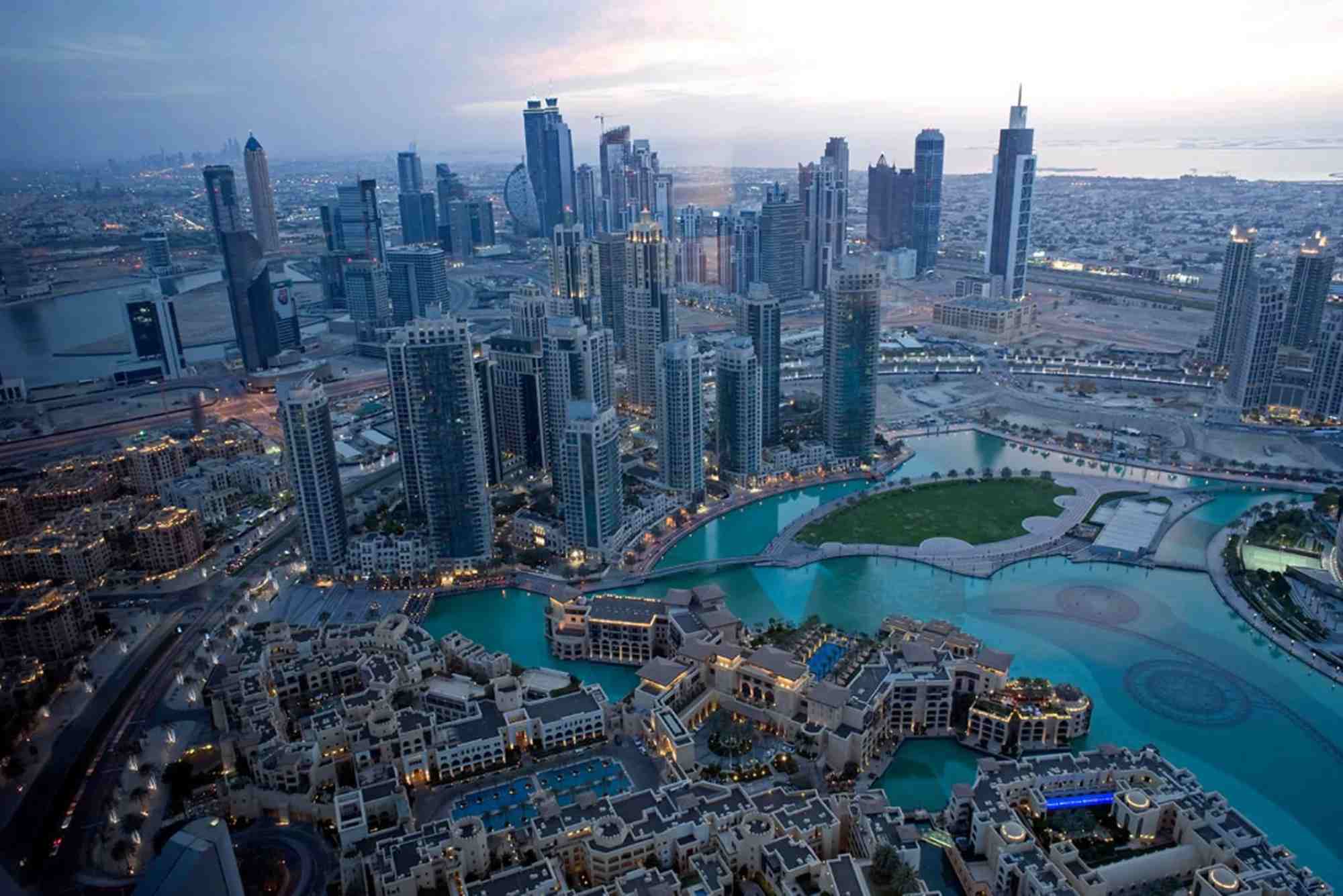Which Country Is Dubai In? A Quick Geography Refresher
Dubai is a name known worldwide, often linked with luxury, skyscrapers, and desert adventures. But despite its popularity, many people still ask: which country is Dubai in? This might seem surprising, but it’s a common question—especially among travelers planning their first visit or curious minds learning about the world. If you’ve searched for the term “Dubai country,” you’re not alone.
Let’s take a comprehensive look at where Dubai is located, what makes it special, and why its geographical position is significant in global terms. This guide will offer not just a simple answer, but also a deeper understanding of Dubai’s role within its country and the world.
Dubai’s Country: The Simple Answer
Dubai is a city located in the United Arab Emirates (UAE). It is not a country itself, but one of the seven emirates that form the UAE. The United Arab Emirates is situated in the Middle East, on the southeastern corner of the Arabian Peninsula, bordering Saudi Arabia and Oman, with a long coastline along the Persian Gulf.
The UAE was established in 1971 as a federation, and Dubai is one of its most important and well-known emirates. Other emirates include Abu Dhabi (the capital), Sharjah, Ajman, Fujairah, Ras Al Khaimah, and Umm Al Quwain. While Abu Dhabi holds political capital status, Dubai is often considered the commercial and tourism capital of the UAE.
Understanding the Geography of Dubai
Dubai lies on the Persian Gulf coast and is strategically located in the heart of the Middle East. Its geographical location has made it a key hub for business, tourism, and transport between the East and the West. The city is roughly 130 km northeast of Abu Dhabi and around 100 km west of the Oman border. This positioning has allowed Dubai to evolve into a cosmopolitan city attracting people from all over the world.
Although Dubai is surrounded by desert landscapes, it has developed into a modern metropolis with green spaces, artificial islands, and cutting-edge infrastructure. Its international airport is one of the busiest in the world, connecting continents and reinforcing Dubai’s global reach.
Historical Context: From a Trading Port to a Global City
Dubai’s transformation is nothing short of extraordinary. Just a few decades ago, it was a modest fishing and pearl-diving village. Its success story began when oil was discovered in the region in the 1960s, giving Dubai the capital to invest in large-scale infrastructure and city planning.
However, what makes Dubai unique is its forward-thinking approach. Unlike some other oil-rich regions, Dubai strategically diversified its economy early on. Leaders invested in tourism, aviation, real estate, and finance, positioning Dubai as a major player on the world stage even after its oil reserves began to dwindle.
Today, when people type “Dubai country” into a search engine, they are often met with images of Burj Khalifa, luxury cars, and futuristic architecture. It’s a testament to how far the city has come since its early days.
Dubai vs. UAE: Why the Confusion?
Many people mistake Dubai for a country because of its sheer prominence. For context, Dubai often overshadows the UAE in international media and pop culture. For instance, events like Expo 2020, the launch of flying taxis, and world records tend to headline with “Dubai” rather than “UAE.” This creates a perception that Dubai operates as a separate entity.
It’s important to understand that while Dubai enjoys a significant level of autonomy—especially in terms of business regulations, immigration laws, and economic policies—it still functions within the federal framework of the UAE. The country has a president and federal government headquartered in Abu Dhabi, and all emirates, including Dubai, participate in the broader national governance structure.
Dubai’s Importance to the UAE
Dubai plays a vital role in the economy and global identity of the United Arab Emirates. It is home to some of the most important financial institutions, free zones, tech startups, and tourism hotspots in the region. The Dubai International Financial Centre (DIFC), Jebel Ali Port, and Dubai Internet City are just a few examples of how the city drives innovation and trade in the Middle East.
Tourism is another pillar. Millions of visitors travel to Dubai each year for its shopping festivals, desert safaris, beach resorts, and architectural wonders like the Burj Khalifa and Palm Jumeirah. This makes Dubai not just a city in the UAE, but a global destination in its own right.
Moreover, Dubai’s leadership has invested heavily in digital transformation, clean energy, and space exploration—further reinforcing its status as a modern, future-ready emirate.
Dubai’s Identity in a Globalized World
Dubai’s identity today reflects a blend of tradition and modernity. It maintains its Arab-Islamic cultural roots while embracing global diversity. With over 85% of its population made up of expatriates from around the world, Dubai is one of the most multicultural cities on Earth.
This melting pot of cultures has shaped a unique social landscape where English is widely spoken, and international cuisines, fashion, and festivals are celebrated year-round. At the same time, Islamic customs, such as Ramadan and prayer times, are respected and integrated into daily life.
This hybrid identity is part of what makes people curious enough to ask questions like “What country is Dubai in?” The city looks, feels, and functions in many ways like a standalone entity, even though it is firmly rooted in the United Arab Emirates.
How Dubai Compares to Other Cities in the UAE
While Dubai is often the first name that comes to mind, it’s not the only important city in the UAE. Abu Dhabi, for example, is the capital and holds the majority of the country’s oil wealth. It also has political power and is home to the UAE President.
Sharjah is known for its dedication to arts, culture, and education. Fujairah, located on the eastern coast, offers stunning mountains and access to the Gulf of Oman. Each emirate contributes something unique to the federation, and their collaboration has helped shape the UAE into a regional powerhouse.
But Dubai stands out due to its global branding, openness to foreign investment, and bold vision for the future.
Common Misconceptions About Dubai
One widespread misconception is that Dubai is a country or that it is the capital of the UAE. As we’ve established, Dubai is a city and emirate—not a country or a capital. Abu Dhabi holds that title.
Another misconception is that Dubai is all glitz and glamour. While it is certainly home to luxury, it also has traditional neighborhoods, historical markets (souks), and residential areas where ordinary life unfolds. People live, work, and raise families in Dubai like any other modern city.
It’s also sometimes assumed that Dubai’s wealth comes solely from oil. In reality, oil accounts for less than 1% of Dubai’s GDP today. The real drivers are real estate, trade, tourism, and finance.
Dubai and the Future
Dubai continues to push the boundaries of what a city can achieve. From smart city initiatives to green energy solutions, it’s constantly reinventing itself. Projects like the Museum of the Future and plans for driverless transport systems highlight the city’s ambition to be not just relevant today, but a leader tomorrow.
Its Vision 2040 urban plan aims to make Dubai the best city to live in, with sustainable development, economic diversity, and world-class services. The fact that Dubai regularly hosts global forums on innovation, sustainability, and tech shows that it is much more than a destination—it’s a catalyst for change.
Understanding that Dubai is part of the United Arab Emirates is more than just a geographical fact. It’s the starting point for deeper insights into the region’s culture, economy, and political structure. Whether you’re planning a trip, doing business, or just curious, knowing that Dubai is in the UAE helps ground your understanding of this dynamic part of the world.
So the next time someone asks, “What country is Dubai in?” you’ll not only have the answer—you’ll know the story behind it.
FAQs
What country is Dubai in?
Dubai is located in the United Arab Emirates (UAE), a country in the Middle East made up of seven emirates.
Is Dubai a country or a city?
Dubai is a city and one of the seven emirates of the UAE. It is not a country.
Is Dubai the capital of the UAE?
No, Abu Dhabi is the capital of the United Arab Emirates. Dubai is a major commercial and tourist hub.
Why do people think Dubai is a country?
Because Dubai is so globally famous and economically significant, many assume it’s a standalone country. However, it is part of the UAE.
Does Dubai have oil?
Yes, but oil contributes less than 1% to Dubai’s GDP. Its economy relies mostly on trade, tourism, and real estate.




